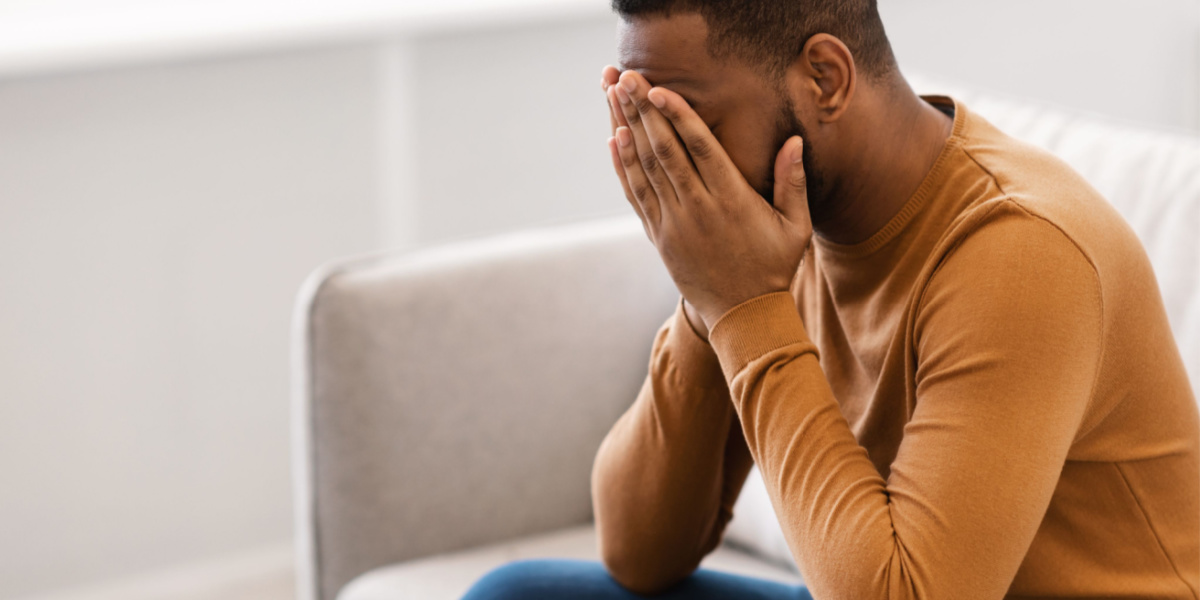- Empty cart.
- Continue Shopping
How to Recognize the Signs of Depression

Depression is a common mental health condition that affects millions of people worldwide. It can have a significant impact on one’s quality of life and overall well-being. Recognizing the signs of depression, both in yourself and in others, is essential for early intervention and seeking help.
Understanding Depression
What is Depression?
Depression is more than just feeling sad; it is a persistent and pervasive sense of sadness, hopelessness, and a loss of interest or pleasure in activities that were once enjoyable. It is a treatable medical condition.
Types of Depression
There are various types of depression, including major depressive disorder (MDD), persistent depressive disorder (PDD), bipolar disorder, and seasonal affective disorder (SAD). Each type may have distinct symptoms and triggers.
Recognizing the Signs
1. Persistent Sadness
One of the hallmark symptoms of depression is a persistent feeling of sadness, emptiness, or hopelessness that lasts for weeks or months.
2. Loss of Interest
Individuals with depression often lose interest or pleasure in activities they once enjoyed, including hobbies, socializing, or even basic daily activities.
3. Fatigue and Lack of Energy
Feeling constantly tired, lacking energy, and experiencing physical symptoms like muscle aches or headaches are common in depression.
4. Changes in Sleep Patterns
Depression can lead to changes in sleep, such as insomnia (difficulty falling asleep or staying asleep) or hypersomnia (excessive daytime sleepiness).
5. Appetite and Weight Changes
Significant changes in appetite and weight, whether an increase or decrease, may be indicative of depression.
6. Irritability and Restlessness
People with depression may experience increased irritability, restlessness, and difficulty concentrating or making decisions.
7. Feelings of Guilt or Worthlessness
Depression often includes feelings of guilt, worthlessness, or self-blame, even when there is no apparent reason for these emotions.
8. Social Withdrawal
Isolating oneself from friends and family is a common behavioral sign of depression. Social withdrawal can exacerbate feelings of loneliness.
9. Suicidal Thoughts
In severe cases, depression can lead to suicidal thoughts or behaviors. If you or someone you know is experiencing suicidal thoughts, seek immediate help from a mental health professional or a crisis helpline.
Seeking Help
1. Talk to a Healthcare Provider
If you or someone you know is displaying signs of depression, it is essential to reach out to a healthcare provider, such as a doctor or mental health specialist. They can provide a diagnosis and recommend appropriate treatment.
2. Psychotherapy
Psychotherapy, or talk therapy, is an effective treatment for depression. It involves talking to a trained therapist to explore and address underlying issues and develop coping strategies.
3. Medication
In some cases, medication, such as antidepressants, may be prescribed by a healthcare provider to help manage depression symptoms. Medication can be used alone or in combination with psychotherapy.
Supporting Others
1. Be a Good Listener
If someone you know is struggling with depression, lend a compassionate ear. Sometimes, simply listening without judgment can provide significant relief.
2. Encourage Professional Help
Encourage the person to seek professional help and offer assistance in finding a suitable healthcare provider or therapist.
3. Stay Connected
Keep in touch with the individual, even if they withdraw socially. Offer companionship and support without pressure or judgment.
Finally, recognizing the signs of depression is the first step toward seeking help and finding relief from this challenging condition. Depression is treatable, and with the right support and treatment, individuals can regain their quality of life and emotional well-being. If you or someone you know is experiencing symptoms of depression, do not hesitate to reach out to a healthcare professional or a mental health crisis helpline for assistance and support.








